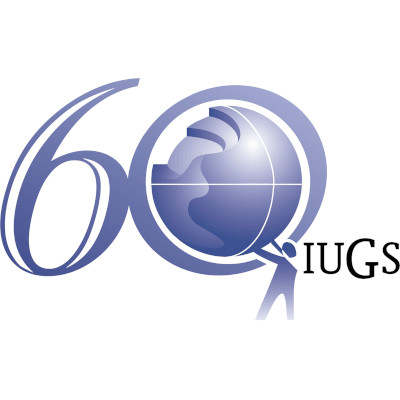“Earth Science for the Global Community”
The International Union of Geological Sciences promotes and encourages the study of geological problems, especially those of world-wide significance, and supports and facilitates international and interdisciplinary cooperation in the Earth sciences.
IUGS gives special consideration to:
- international standards;
- geoscience education;
- geoscience information;
- environmental management and hazards.
IUGS works through topic specific Commissions, Task Groups, and Initiatives as well as Joint Programmes with other organizations, that are concerned with a wide range of geologic research of direct interest to governments, industry, and academic groups within the Earth sciences .
IUGS aims to promote development of the Earth sciences through the support of broad-based scientific studies relevant to the entire Earth system; to apply the results of these and other studies to preserving Earth’s natural environment, using all natural resources wisely and improving the prosperity of nations and the quality of human life; and to strengthen public awareness of geology and advance geological education in the widest sense.
IUGS fosters dialogue and communication among the various specialists in earth sciences around the world. It achieves this by organizing international projects and meetings, sponsoring symposia and scientific field trips, and producing publications. Topics addressed span the gamut from fundamental research to its economic and industrial applications, from scientific, environmental and social issues to educational and developmental problems. For example, IUGS is currently involved in:
- identifying and defining the problems critical to an improved understanding of terrestrial and planetary geological processes;
- encouraging formulation and testing of new geological concepts, models, and methodologies;
- focusing effort internationally on the study of critical economic or environmental problems whose resolution may depend on an understanding of geology;
- fostering international agreement on nomenclature and classification in several geoscientific disciplines such as stratigraphy, petrology and tectonics;
- strengthening mechanisms for facilitating international cooperation in geological research and exchange;
- improving publication, dissemination, and use of geological information internationally;
- encouraging new relationships between and among disciplines of science that relate to geology worldwide;
- attracting competent students and research workers who will devote their attention to geology, and to stimulateexcellent education for students interested in geology;
- fostering an increased awareness among individual scientists world-wide of what programs are being carried out in geology in each country;
- promoting public understanding and appreciation of the planet earth, its environment in space, and their study; and
- furthering the public welfare by assuring that geology makes appropriate contribution to public policy decisions of an international nature.
- President: John Ludden
- Vice President: Daekyo Cheong
- Vice President: Hassina Mouri
- Secretary General: Stanley C. Finney
- Treasurer: Hiroshi Kitazato
- Past President: Qiuming Cheng





